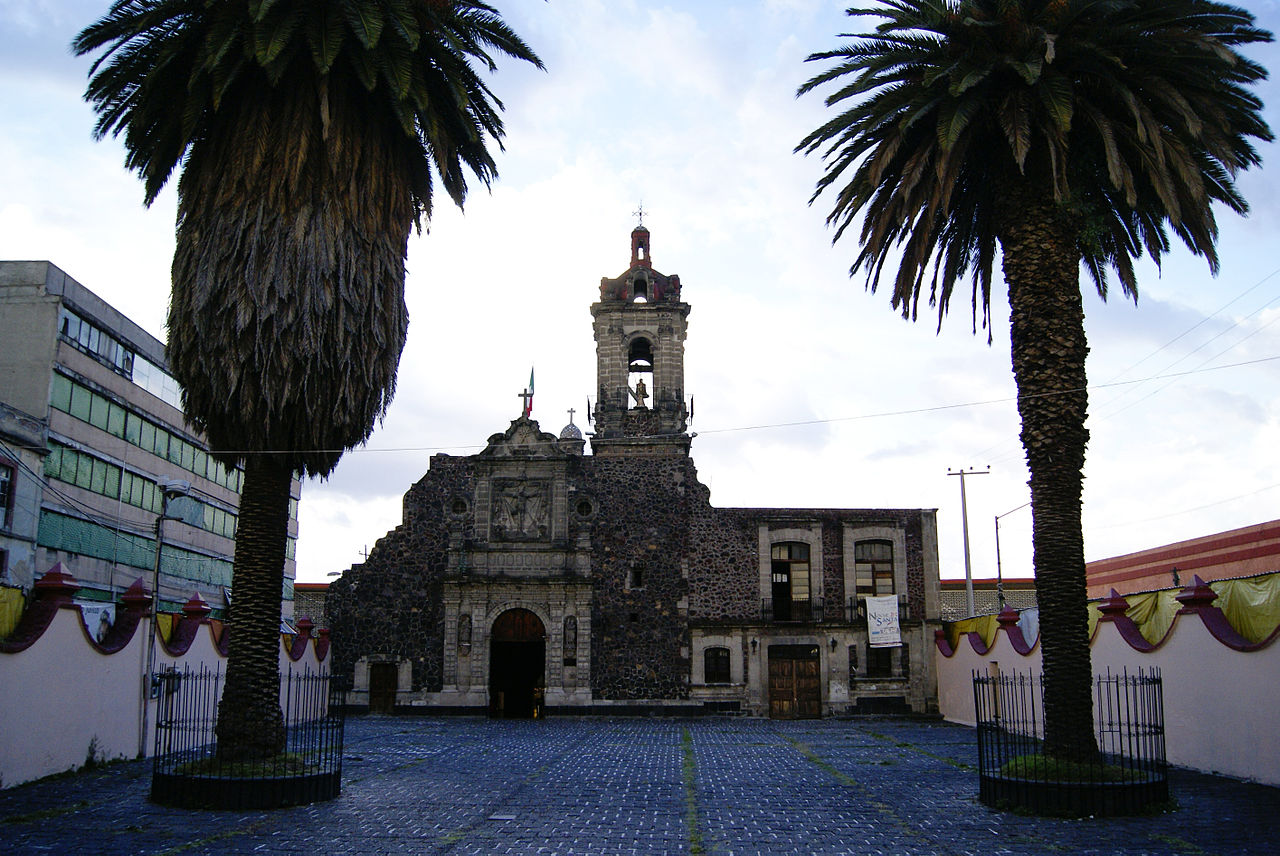
Santo Tomás la Palma está situado en lo más profundo del Barrio de La Merced, al este del Centro Histórico. En realidad está justo al norte de la salida oeste de la estación del Metro Merced. (La salida este se encuentra dentro del mercado). Si no fuera por las paredes de arco invertido que rodean al atrio, probablemente los vendedores del vecindario también se instalarían aquí.
Es una zona increíblemente concurrida. Sin embargo, la iglesia es popular por ser un recordatorio inmediato de que este es, después de todo, un barrio muy antiguo. Dedicada al Apóstol Santo Tomás, sigue siendo la parroquia del antiguo barrio de La Palma. Probablemente fue construida por los agustinos en el siglo XVI. Hay registros de una capilla anterior hecha de adobe. La construcción de este templo comenzó en 1728. Hubo una remodelación en el siglo XIX cuando se añadió la bóveda al techo. Una parte todavía tenía el techo de vigas de estilo antiguo que era notoriamente difícil de mantener. En este momento fue también cuando se le agregaron los arcos invertidos y el pórtico para rodear el atrio.
El templo dependía de la Iglesia Santa Cruz de la Soledad. La plaza recibió el nombre de Santo Tomás primero, y después la iglesia tomó ese título y advocación. La sencilla fachada pretende resaltar el relieve de la crucifixión. La cúpula sobre el crucero y la decoración son probablemente del siglo XX. El interior, aunque ha sido muy modernizado, sigue siendo un oasis de calma y encanto que sólo se podría esperar de un recinto tan antiguo.
Vale la pena mirar la fachada. Santo Tomás la Palma no suele ser el primer lugar al que se dirigen los visitantes en el barrio, pero sus dos palmas marcan claramente la entrada al atrio, y es un respiro de todo el bullicio y las idas y venidas de la transitada calle.
 +52 (55) 5522 6253
+52 (55) 5522 6253
 https://www.facebook.com/santotomaslapalma
https://www.facebook.com/santotomaslapalma
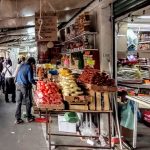
Cercano a 0.07 kms.
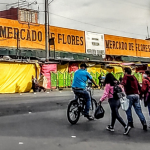
Cercano a 0.07 kms.
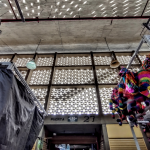
Cercano a 0.12 kms.
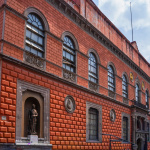
La primera Academia y Museo de Bellas Artes de las Américas.
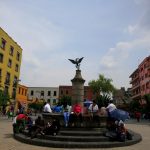
Una plaza legendaria en el Barrio Merced...
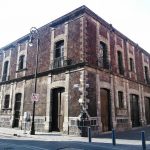
Uno de los centros culturales de mayor relevancia histórica en el Centro Histórico...
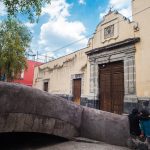
Un antiguo almacén de cereales a orillas del Canal Real.